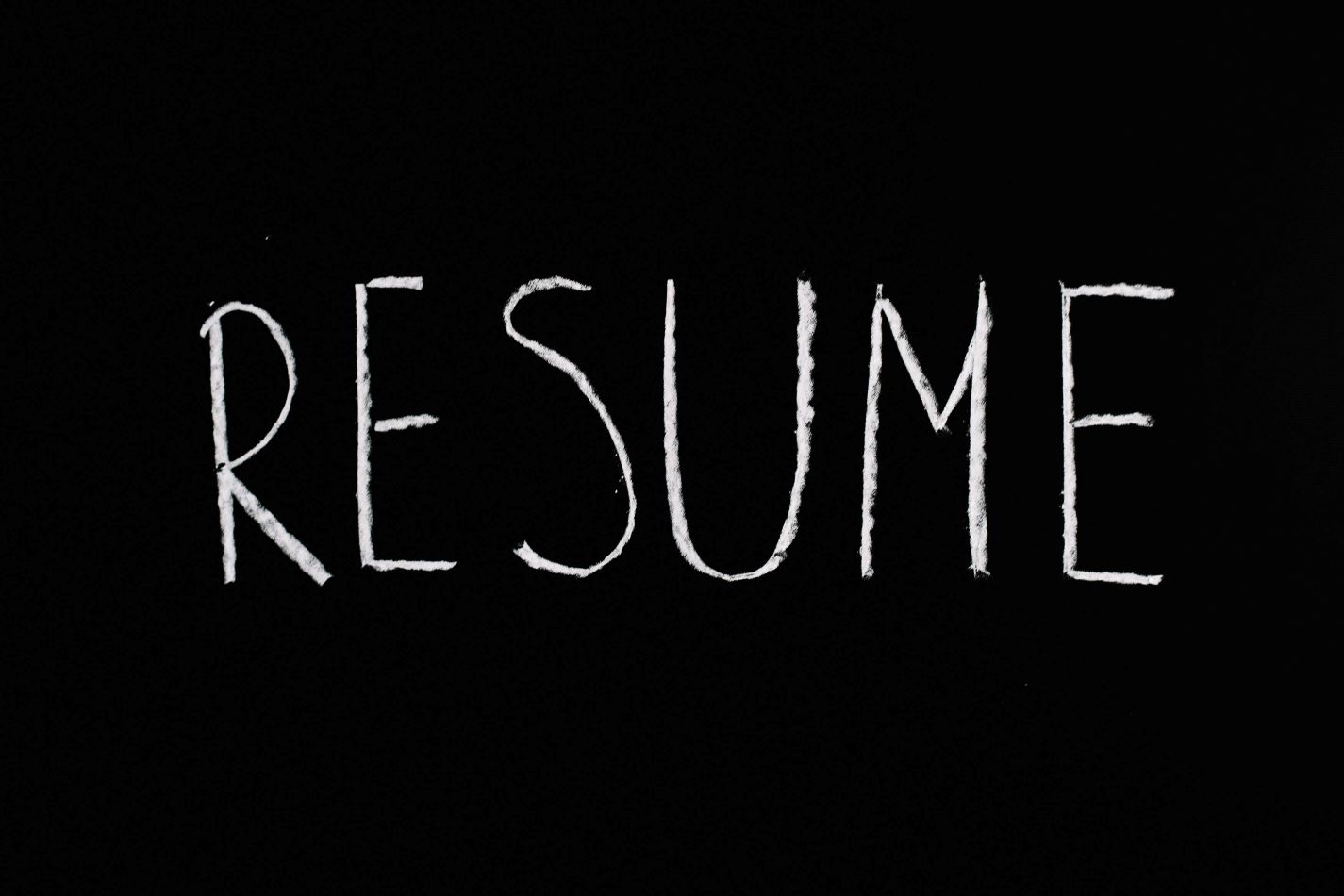Your curriculum vitae (CV) is your first opportunity to make a lasting impression on potential employers.
A well-crafted CV can open doors to job opportunities, but even minor mistakes can hinder your chances of landing an interview.
To ensure your CV stands out for all the right reasons, here are some common mistakes to avoid, along with examples of how to rectify them:
- Spelling and grammar errors
One of the most common CV mistakes is spelling and grammar errors.
Typos and grammatical mistakes can make you appear careless and unprofessional.
For example, writing “manger” instead of “manager” or using incorrect verb tense can detract from your credibility.
Solution: Proofread your CV multiple times, use spell-checking tools, and consider asking a friend or colleague to review it for errors.
- Lack of tailoring
Sending out a generic CV without customizing it for each job application can make you seem disinterested or unqualified for the role.
Employers want to see how your skills and experiences align with the specific requirements of the position.
Solution: Tailor your CV for each job application by highlighting relevant skills, experiences, and achievements that match the job description.
Customize your objective or summary statement to emphasize your interest in the role and how you can contribute to the company.
- Overly long CV
A CV that is too lengthy can overwhelm employers and may not get the attention it deserves.
Recruiters often spend only a few seconds scanning each CV, so it’s essential to keep it concise and relevant.
Solution: Focus on including key information such as relevant work experience, education, skills, and achievements.
Use bullet points to highlight accomplishments and keep descriptions brief and to the point.
- Poor formatting
A cluttered or poorly formatted CV can be difficult to read and may not present your information effectively.
Avoid using excessive formatting styles or fonts that are hard to read.
Solution: Choose a clean and professional layout with consistent formatting throughout your CV.
Use headings and bullet points to organize information logically, and ensure that the font size and style are easy to read.
- Failure to include key information
Omitting essential information such as contact details, work history, or educational qualifications can result in your CV being overlooked by employers.
Solution: Double-check that your CV includes all necessary information, including your full name, contact information, work experience (including dates, job titles, and responsibilities), education, relevant skills, and any additional qualifications or certifications.
- Exaggerating or lying
Embellishing your skills, experiences, or qualifications on your CV may seem tempting, but it can backfire if you’re unable to deliver during the interview or on the job.
Solution: Be honest and transparent on your CV. Focus on highlighting your genuine accomplishments and skills, and be prepared to provide evidence or examples during the interview.
- Unprofessional email address
Using an unprofessional or inappropriate email address can leave a negative impression on employers.
Email addresses that include nicknames, slang, or irrelevant words may not be taken seriously.
An email address like “partygirl123@example.com” may not convey professionalism.
Solution: Create a professional email address using your name or a variation thereof. Avoid using numbers or symbols that may be confusing or difficult to remember.
By avoiding these common mistakes and implementing the suggested solutions, you can ensure that your CV effectively showcases your qualifications, experiences, and achievements.
Remember, your CV is your opportunity to make a strong first impression, so invest time and effort into crafting a polished and professional document.


Cover letter mistakes
- Generic content
A generic cover letter that lacks personalization may fail to capture the employer’s attention. Avoid using the same template for every application.
Solution: Tailor your cover letter to each job by addressing specific qualifications, experiences, and interests related to the role and the company.
- Repetition of CV
Your cover letter should complement your CV, not duplicate it. Avoid summarizing your CV in the cover letter.
Solution: Use the cover letter to provide context for your application, explain why you’re interested in the position, and highlight aspects of your background that are not evident from your CV.
- Ignoring instructions
Failing to follow instructions, such as providing specific information or answering application questions, can signal a lack of attention to detail.
Solution: Carefully review the job posting and tailor your cover letter to address any specific requirements or questions posed by the employer.
- Lack of enthusiasm
A cover letter that lacks enthusiasm or passion for the role may fail to convince employers of your genuine interest.
Solution: Convey your excitement for the opportunity and explain why you’re uniquely suited for the position.
- Lengthy or rambling content
A cover letter that is too long or includes irrelevant information may lose the reader’s interest.
Solution: Keep your cover letter concise and focused, aiming for no more than one page. Stick to the most relevant points and avoid unnecessary details.
Remember to tailor each application to the specific requirements of the job and demonstrate your genuine interest in the position and the company.






